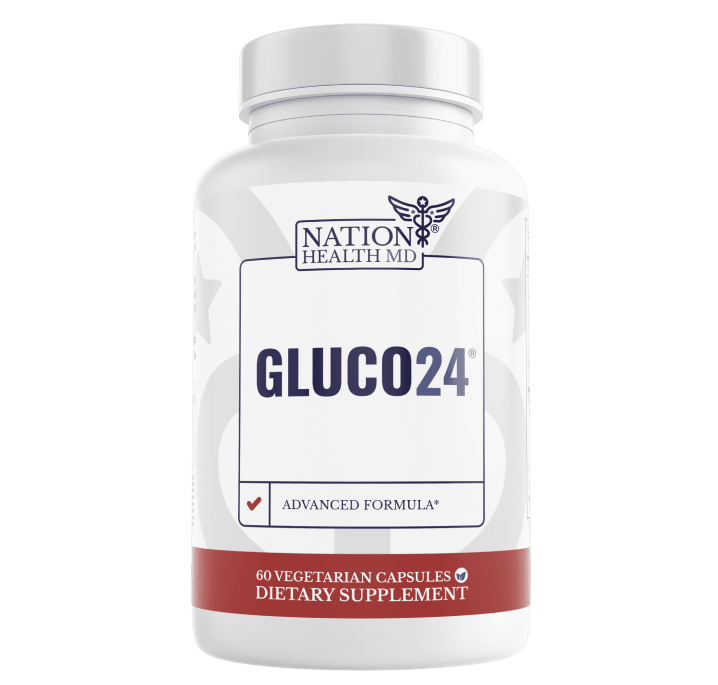10 Best Supplements for Insulin Resistance (2025)
Medically reviewed by our experts


Approximately 40 percent of young adults in the United States are impacted by insulin resistance, a prevalent health issue. This condition is frequently linked to prediabetes, type 2 diabetes, and metabolic syndrome. Nevertheless, by acquiring the appropriate knowledge, comprehension, and tools, effectively handling insulin resistance can be achieved. Let’s explore this complex health issue and delve into the best supplements for insulin resistance.

Decoding Insulin Resistance
Insulin resistance is a physiological condition characterized by the body’s cells not adequately responding to the hormone insulin, resulting in impaired glucose (blood sugar) absorption into cells, and thereby elevating blood sugar levels. As a result, cellular functions are starved of adequate fuel and energy for sustaining health and daily life, causing chronic fatigue and disease.
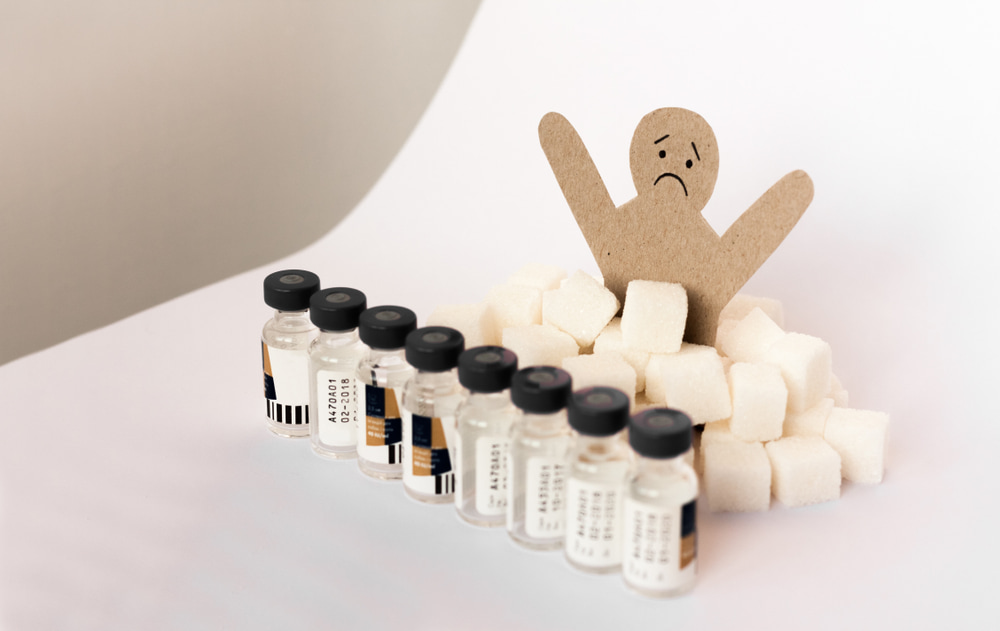
Impaired blood sugar metabolism can remain silent for a considerable period before leading to more severe health issues, including type 2 diabetes, coronary artery disease, metabolic syndrome, and even Polycystic Ovary Syndrome (PCOS) in women. Understanding the causes and risk factors associated with insulin resistance is essential in order to take preventive measures and promote overall well-being.
Causes and Risk Factors
Insulin resistance can arise from a combination of factors, with lifestyle habits and genetic predisposition playing significant roles. Let’s explore these factors in more detail:
Lifestyle Habits
Poor diet, lack of physical activity, and smoking are common contributors to insulin resistance. A diet high in processed foods, sugary beverages, and saturated fats can lead to weight gain and metabolic dysfunction, impairing insulin sensitivity. Sedentary behavior and smoking further exacerbate the risk of developing insulin resistance.
Weight Status
Excess weight and obesity, especially when excess fat is concentrated around the abdomen (visceral fat), significantly increase the likelihood of insulin resistance. This type of fat is metabolically active and releases substances that interfere with insulin signaling, promoting insulin resistance.
Genetic Predisposition
Family history plays a role in insulin resistance, particularly when there is a lineage of type 2 diabetes. Certain genetic variations can affect insulin action and glucose metabolism, increasing the risk of developing insulin resistance. However, genetics alone do not determine the outcome, as lifestyle choices still play a crucial role.
Stress
Chronic stress can impact hormone levels and disrupt the body’s response to insulin. The release of stress hormones, such as cortisol, can interfere with insulin signaling and glucose regulation, potentially leading to insulin resistance.
Age
Aging is associated with a higher risk of insulin resistance. As we grow older, our bodies may become less efficient in utilizing insulin, leading to decreased insulin sensitivity. This age-related decline in insulin function contributes to the increased prevalence of insulin resistance in older individuals.
Health Conditions
Certain health conditions, such as hypertension (high blood pressure) and dyslipidemia (high cholesterol and triglyceride levels), are commonly associated with insulin resistance. These conditions often cluster together in a constellation known as metabolic syndrome, further increasing the risk of developing insulin resistance and cardiovascular complications.
By addressing underlying causes and risk factors with lifestyle changes, individuals can take proactive steps to prevent or manage insulin resistance. For example, adopting a balanced diet rich in whole foods, engaging in regular physical activity, managing stress levels, maintaining a healthy weight, and discussing the potential use of the best supplements for insulin resistance can significantly reduce the risk of developing insulin resistance and its associated health complications.
It is important to consult with healthcare professionals for personalized guidance and support in managing insulin resistance, as they can provide tailored recommendations based on individual needs and medical history.
Supplements for Insulin Resistance
In this section, we delve into the transformative power of supplements, unveiling a treasury of support tailored specifically for combating insulin resistance.
1. Zinc
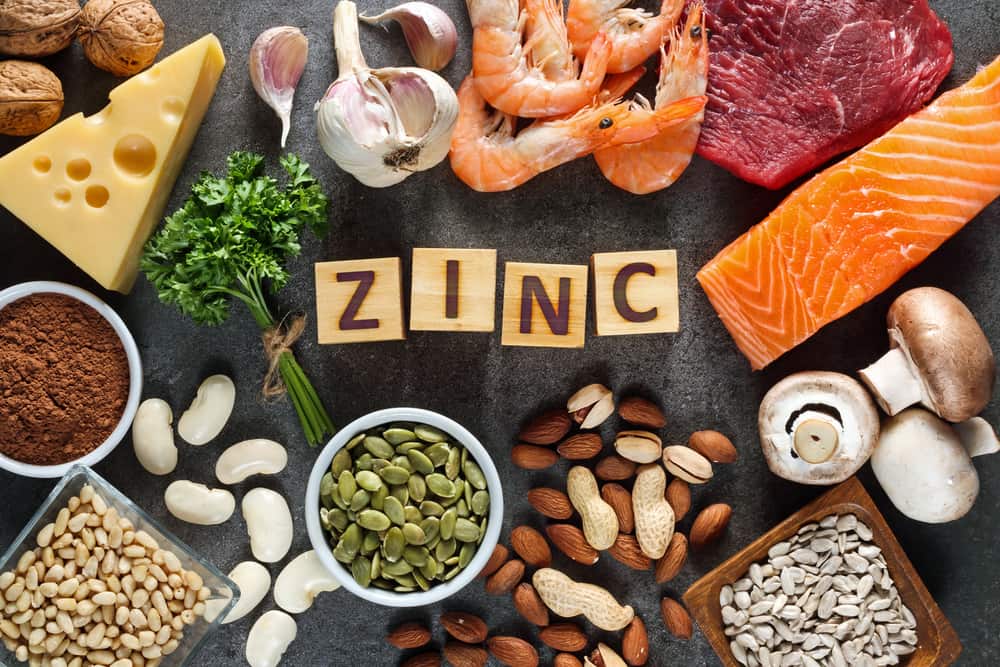
Zinc is an essential mineral playing a key role in numerous biological functions, such as cell growth, immune function, and carbohydrate metabolism. In the context of insulin function, zinc may be vital, as it aids in the synthesis, storage, and secretion of insulin.
Zinc deficiency can disrupt these processes, leading to insulin resistance. Research found that zinc supplementation improved glycemic control in patients with type 2 diabetes. Similarly, research in the American Journal of Clinical Nutrition has noted that increased dietary zinc was associated with a 13 percent reduced risk of developing type 2 diabetes. Hence, including zinc in your diet or as a supplement to help with insulin resistance can offer a defensive strategy.
2. Chromium
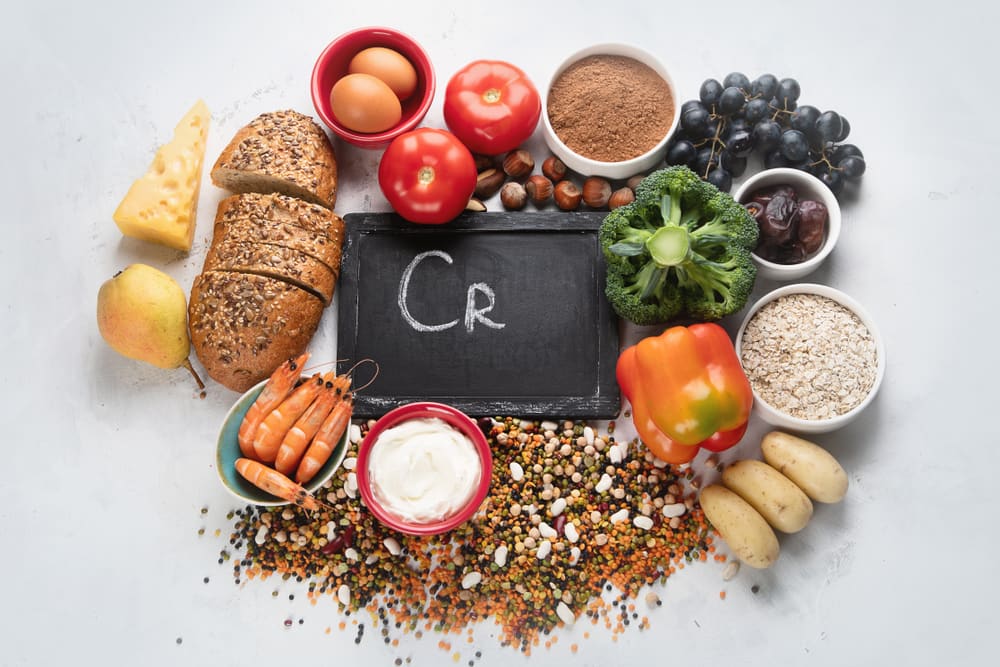
Chromium is an often overlooked yet essential trace mineral involved in carbohydrate, protein, and lipid metabolism. It may enhance insulin action, thereby improving the transportation of glucose into the cells. Chromium has been recognized for its potential role in managing insulin resistance and type 2 diabetes.
Research in a study indicated that chromium supplementation may reduce blood glucose levels and improve insulin response in individuals with impaired glucose tolerance.
3. Magnesium

Magnesium is a crucial mineral involved in over three hundred enzymatic reactions in the body, including glucose metabolism. Research indicates that magnesium plays a significant role in insulin sensitivity.
According to research findings, incorporating foods abundant in magnesium into your diet, providing approximately 100 milligrams (mg) of magnesium, may potentially reduce the risk of diabetes by around 15 percent.
4. Vitamin E
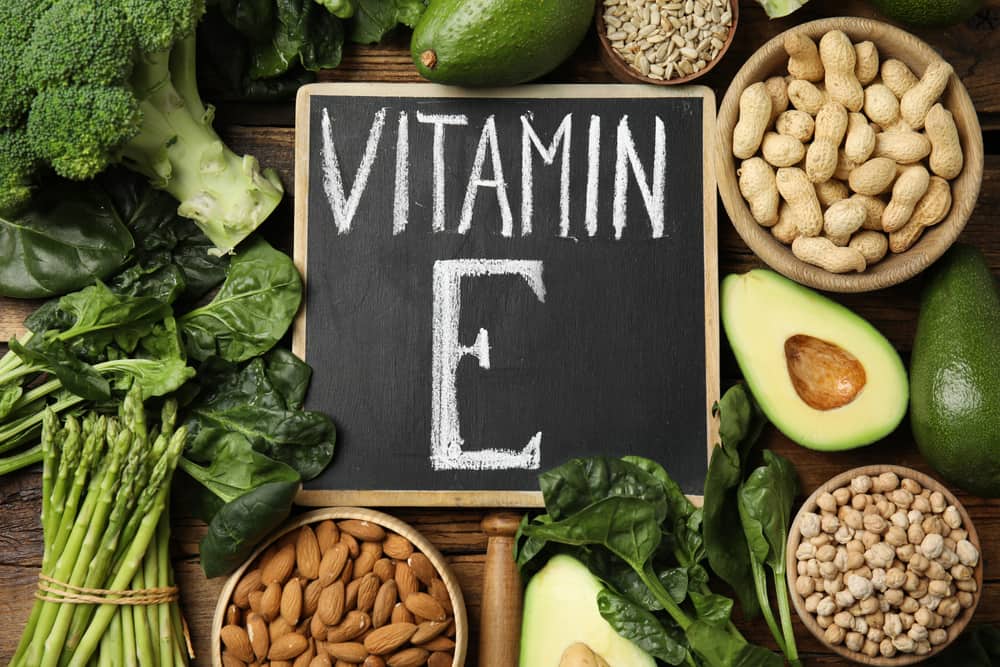
Vitamin E is a fat-soluble vitamin known for its potent antioxidant properties. It helps protect cells from oxidative stress, a condition often associated with insulin resistance and type 2 diabetes. It’s believed that oxidative stress may disrupt insulin signaling, leading to insulin resistance. Hence, antioxidants like Vitamin E play a crucial role in this aspect.
Research published in the 2023 Nutrition Journal found that Vitamin E supplementation could improve glycemic control in type 2 diabetes patients. Therefore, incorporating Vitamin E supplement could potentially serve as a beneficial approach to enhancing sugar control.
5. Vitamin D
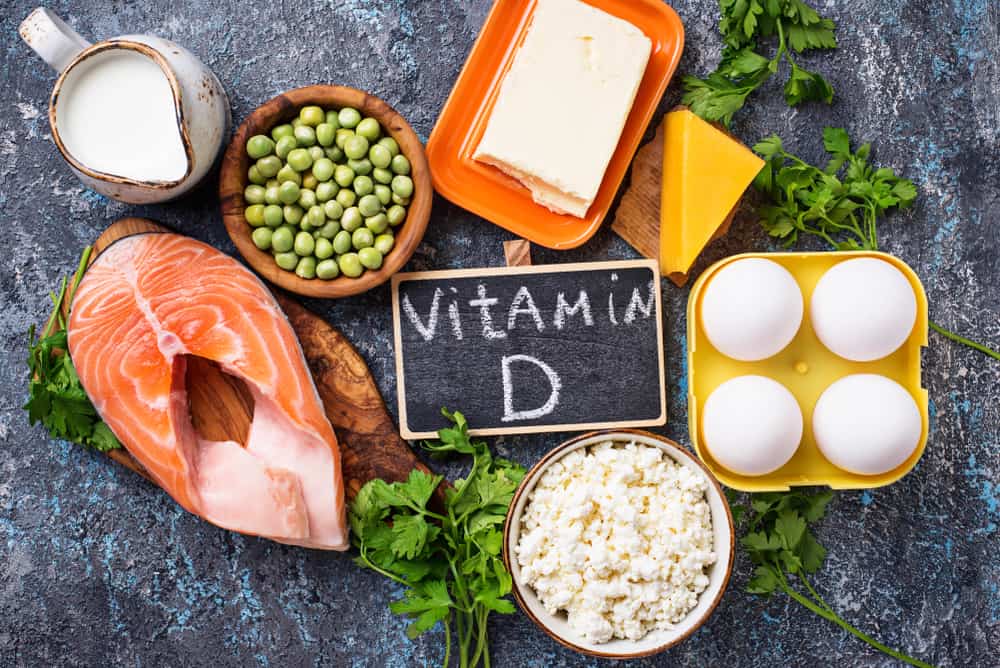
Vitamin D is commonly associated with its importance in maintaining bone health. However, emerging research suggests that it may play a role in insulin function and glucose metabolism. Vitamin D is believed to enhance insulin sensitivity and promote insulin production, making it potentially beneficial for individuals with insulin resistance.
A study demonstrated that vitamin D supplementation reduced insulin resistance in individuals with vitamin D deficiency. As the prevalence of vitamin D deficiency affects nearly 25 percent of American adults, there is an increasing need to incorporate additional supplements and lifestyle modifications to address this issue. It is important to note that further research is needed to fully understand the extent of vitamin D’s role in insulin resistance and its optimal usage. Consultation with a healthcare professional is advised before considering vitamin D supplementation as part of a comprehensive treatment approach.
6. Alpha-lipoic acid (ALA)
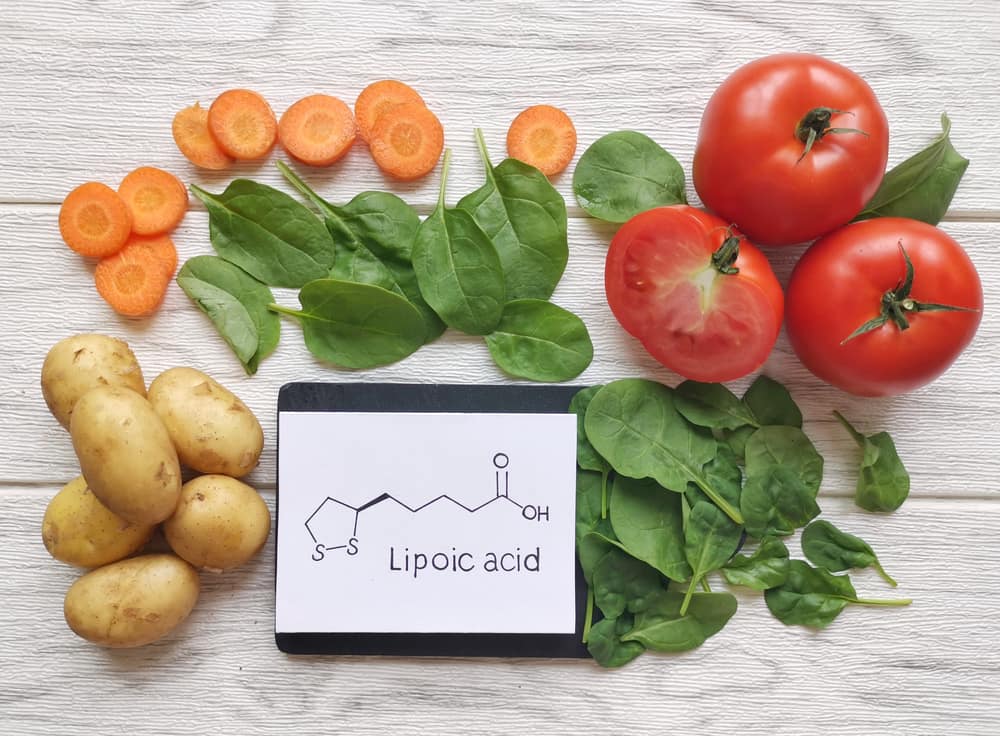
Alpha-lipoic acid (ALA) is a natural compound that acts as a coenzyme and is involved in glucose metabolism. It has demonstrated potential in managing insulin resistance. A notable feature of ALA is its ability to dissolve in both water and fat, enabling it to function effectively in different areas of the body.
Studies, such as those published in the journal Nutrients, have suggested that ALA supplementation may improve insulin sensitivity. This effect is believed to be linked to the antioxidant properties of ALA, which help counteract oxidative stress—an important factor in insulin resistance.
While these findings are promising, it is important to note that more research is required to fully understand the therapeutic effects and optimal usage of ALA for managing insulin resistance. Consulting with a healthcare professional is recommended before choosing the best supplements for insulin resistance.
7. Berberine
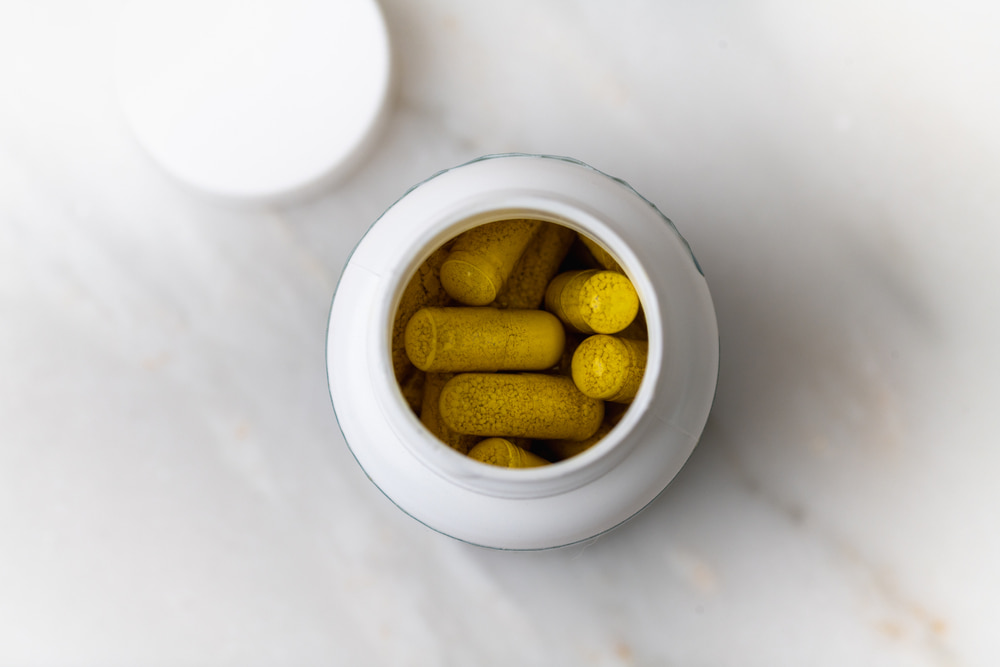
Berberine is a naturally occurring bioactive compound that can be found in several plants. It has gained recognition for its extensive health benefits and its potential in improving insulin resistance. Berberine has been studied extensively for its therapeutic properties and its effects on various aspects of health.
A study published in the journal Oxidative Medicine and Cellular Longevity demonstrated that berberine significantly reduced blood sugar levels and improved insulin sensitivity in individuals with type 2 diabetes.
The mechanisms through which berberine exerts its effects on insulin resistance involve increasing insulin sensitivity, enhancing glucose metabolism in cells, and reducing glucose production in the liver.
8. Resveratrol

Resveratrol is a natural compound found in grapes, berries, and peanuts. It has gained attention for its potential health benefits, particularly concerning cardiovascular health and insulin sensitivity.
In a 2022 study, resveratrol has shown promising effects on various aspects of health. It has been found to improve glucose metabolism, insulin tolerance, and insulin metabolism. Resveratrol achieves these benefits by enhancing nutrient sensing systems and reducing the production and activity of glucose-6-phosphatase.
Incorporating resveratrol supplements into a balanced and healthy lifestyle may have potential advantages for overall well-being, but it should not replace other established medical interventions. Prioritizing a nutritious diet, regular exercise, and medical guidance remain essential components of a comprehensive approach to health management.
9. Curcumin
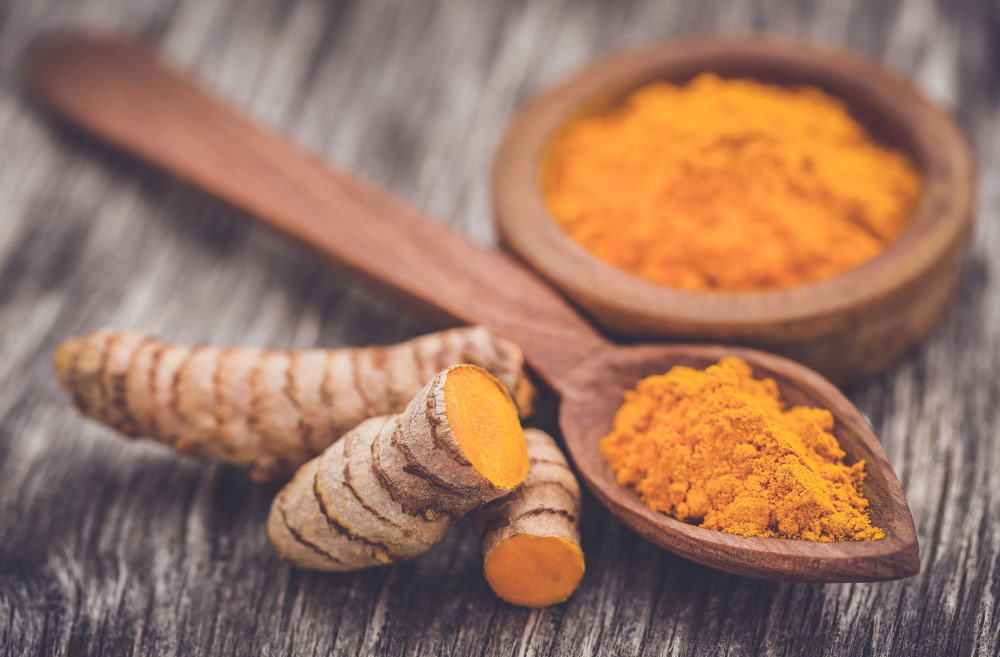
Curcumin, the active ingredient in turmeric, has a long history in traditional medicine. Its potent anti-inflammatory and antioxidant properties can reduce inflammation and oxidative stress, factors often associated with insulin resistance.
Research suggests that curcumin may improve glucose metabolism, and even promote weight loss, all of which contribute to better insulin sensitivity. Curcumin’s beneficial effects may be attributed to its role in reducing inflammation, a common factor contributing to insulin resistance.
10. Inositol
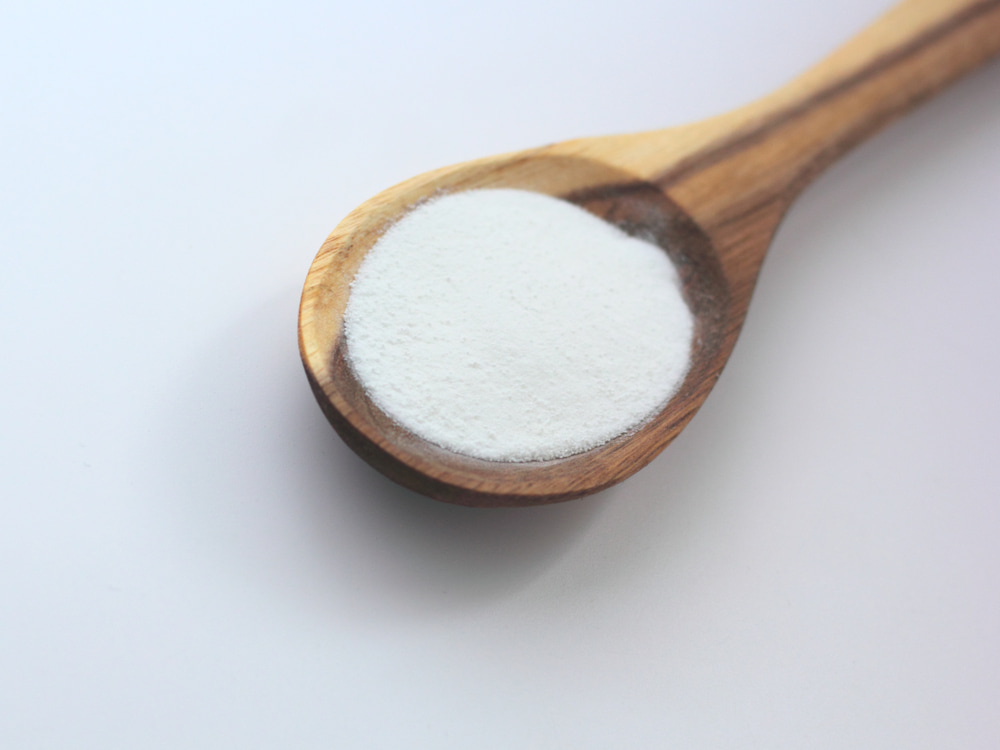
Inositol, also known as Vitamin B8, is a sugar alcohol that plays a helpful role in increasing cells’ sensitivity to insulin. Normally, insulin helps cells absorb glucose and provide them with energy. However, in PCOS, cells become less responsive to insulin, leading to high blood sugar levels because the glucose isn’t absorbed properly.
Studies have indicated that inositol supplementation may reduce insulin resistance and enhance metabolic and hormonal parameters in women with PCOS. These findings suggest that inositol could have a valuable role in supporting the management of insulin resistance.
It’s important to note that while these studies demonstrate promising results, further research is necessary to fully understand the effects of inositol and its optimal use. Consulting with a healthcare professional is recommended before considering inositol supplementation, especially if you have underlying health conditions or are taking medications.
Contemporary Approaches to Insulin Resistance
In the current healthcare landscape, managing insulin resistance primarily entails a combination of lifestyle modifications and medical intervention. The focus is on encouraging regular physical activity, maintaining a balanced diet, and achieving weight loss, as these are recognized as the first line of defense against insulin resistance.
Research underscores the critical role of regular physical activity in boosting insulin sensitivity. An inactive lifestyle contributes to the development of insulin resistance and can lead to more severe health complications like type 2 diabetes. Physical exercise, on the other hand, stimulates the body’s muscles to use more glucose, reducing blood glucose levels.

Diet also plays a pivotal role in managing insulin resistance. A balanced diet rich in whole foods, lean proteins, fiber, and low-glycemic carbohydrates can aid in weight management and improve insulin response. Simultaneously, health professionals often recommend reducing the intake of processed foods and added sugars, known contributors to insulin resistance.
While lifestyle modifications form the backbone of insulin resistance management, they can be effectively complemented with suitable insulin resistance supplements known to enhance insulin sensitivity, such as zinc, chromium, magnesium, Vitamin E, and Vitamin D.
Boost Metabolic Energy with Gluco24
Helping the body utilize its primary fuel source for repair, regeneration, and consistent energy throughout the day requires a comprehensive approach. For this reason, we introduce strategically formulated Gluco24 by Nation Health MD, to help individuals improve blood sugar metabolism and multiple levels of overall health.
Lisa King, RPh. promotes incorporating the five key ingredients found in Gluco24 – zinc, chromium, magnesium, Vitamin E, and Vitamin D – each known for their potential to improve functional energy. . Their synergistic effect focuses on the bioactive mechanisms that promote a healthier metabolic response in the body.
But the Gluco24 supplement goes beyond addressing energy production.. Its carefully designed formula is packed with powerful antioxidants to combat oxidative stress, a common issue linked with impaired blood sugar functions.. Antioxidants help neutralize harmful free radicals, reducing inflammation and safeguarding the body’s cells.
Gluco24 is designed with the user’s holistic health in mind. It provides a balanced blend of essential nutrients and ingredients, contributing to an overall sense of wellbeing and vitality, paving the way for a healthier future.
Final Thoughts
Understanding and managing healthy blood sugar levels, metabolism, and energy is a journey that begins with knowledge and requires consistent action. It necessitates a combination of lifestyle changes, sound nutritional choices, and, where necessary, the strategic use of supplements. With targeted products like Gluco24, designed under expert supervision, and the right lifestyle modifications, it is entirely possible to improve metabolic fuel that powers every facet of well-being. This approach reduces the risk for health complications and boosts healthy aging and overall life quality.
Popular Articles
Advertisement. This site offers health, wellness, fitness and nutritional information and is designed for educational purposes only. You should not rely on this information as a substitute for, nor does it replace, professional medical advice, diagnosis, or treatment. If you have any concerns or questions about your health, you should always consult with a physician or other health-care professional. Do not disregard, avoid or delay obtaining medical or health related advice from your health-care professional because of something you may have read on this site. The use of any information provided on this site is solely at your own risk.
